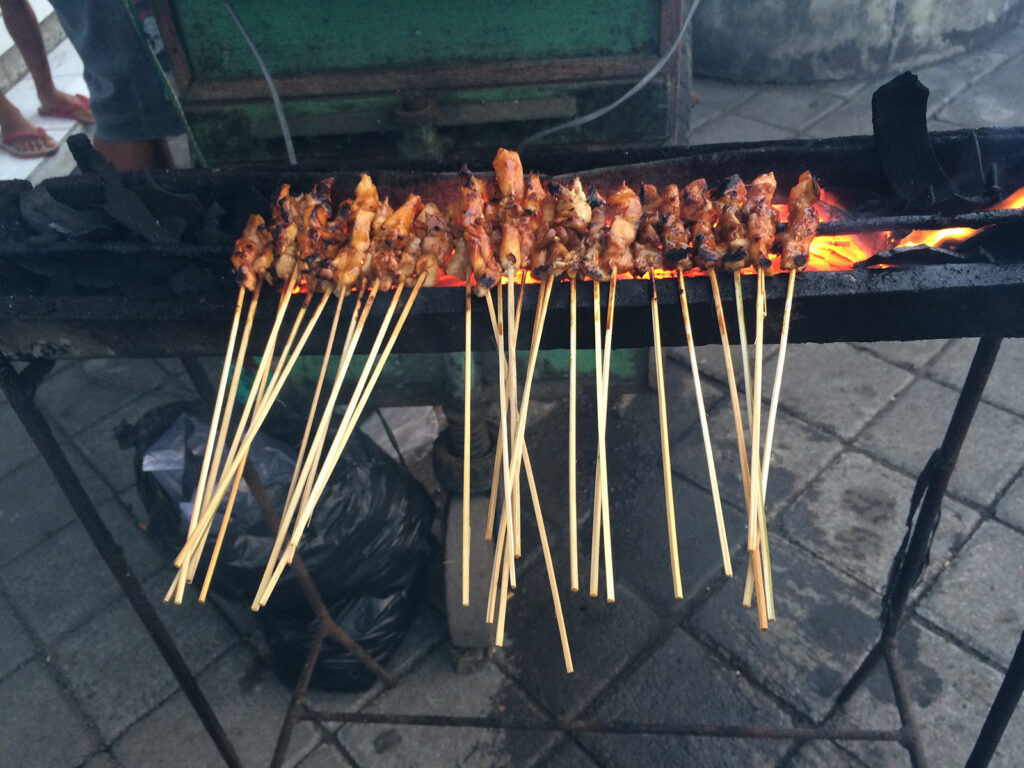Explore an Enclave Steeped in Authenticity Just Outside of Ubud
The verdant hills, rice terraces and serene temples have long attracted visitors to the island of Bali, where incense perfumes the air and raindrops scatter with an almost spiritual significance on city sidewalks. Today many visitors decide to stay, taking up residence in the now expat-centric hub of Ubud. The district was once the spiritual capital of Bali, but, in just the last five years, the desire for trendy cafés playing chill lofi music, craft brews and nightclubs has driven out many locally owned shops in central Ubud.
There are neighborhoods for wellness seekers and alleyway coffee shops for digital nomads, but it’s only in the lush landscapes of Payangan, a neighborhood just north of central Ubud, where the delicate scent of morning dew and air of tranquility once again
take center stage.

© Kristy Alpert
“Payangan is characterized by its lush tropical environment and [location] just 15 minutes from Ubud’s cultural hub,” said Wiwin Hakim, a native of Indonesia and current director of marketing communications for the soon-to-open Anantara Ubud Bali Resort. “The natural scenery makes it a perfect place for nature walks, cycling and photography.”
The area offers a haven of luxury hotels (such as The Mansion Resort Hotel & Spa and COMO Shambhala Estate), but aside from the resorts, it’s a town of locals livingamong locals. You can get around easily by renting a bike or a moped, especially while exploring the Kelusa Rice Fields, but the area also proves walkable. The main road alone allows visitors to stroll past Balinese-style houses and temples as the smell of roasting meat from a traditional warung (small restaurant) wafts from around the corner.
The Payangan Market comes to life every morning, where — instead of Bintang singlets and mass-produced souvenirs — vendors sell handicrafts and homemade candies, farmers come with woven baskets filled with fresh produce, and food carts dole out hearty portions of Balinese staples. By night, this traditional market transforms into an outdoor food hall as vendors stay open to satisfy cravings for authentic bakso (meatball soup) and babi guling (roast suckling pig).
The village of Payangan is not for travelers seeking flat whites or kombucha on tap but rather for wanderers looking for that authentic taste of Bali.

